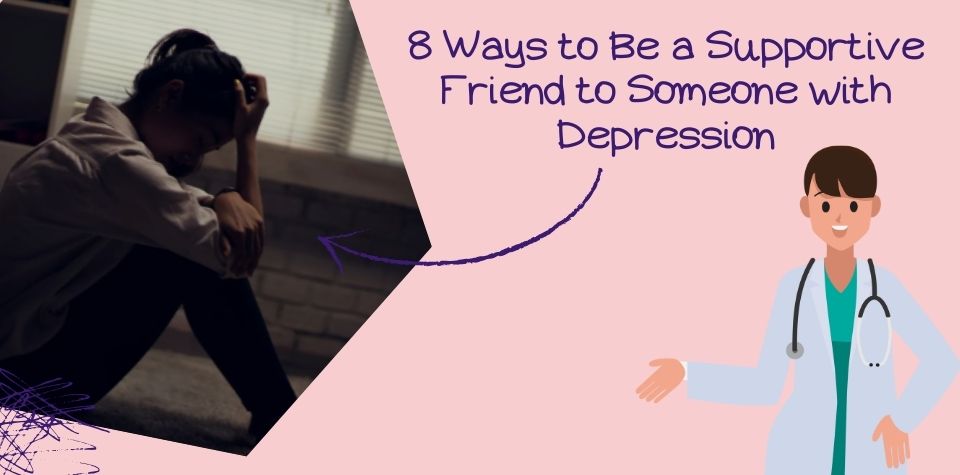The Developers of Covishield, a vaccine against COVID-19, have admitted that the vaccine can cause TTS. The rare but dangerous Thrombosis with Thrombocytopenia Syndrome (TTS) can cause blood clots with low platelets.
During the COVID-19 pandemic, some individuals, particularly those aged 55 or older, tragically passed away not due to the virus itself but potentially because of the treatments they received. At the time, concerns about certain treatments causing harm were not widely recognized by professionals or governments, leading to fatalities under unclear circumstances.
In a recent court hearing, manufacturers of Covishield, a vaccine against COVID-19, admitted that the vaccine could lead to a rare but severe side effect known as Thrombosis with Thrombocytopenia Syndrome (TTS). This acknowledgment sheds light on a potential risk associated with the vaccine, which involves the formation of blood clots accompanied by low platelet levels.
It also reveals the primary cause of inevitable deaths that occurred during the pandemic in individuals who were not infected with COVID-19.
Who was behind the Covishield vaccine?
AstraZeneca developed the COVID-19 vaccine, Covishied, in collaboration with Oxford University. However, the vaccine was produced at several sites worldwide. According to AstraZeneca, the company established 25 manufacturing sites in 15 different countries. Oxford, Keele, and the Serum Institute of India were some of the manufacturing sites.
Oxford University’s Jenner Institute and Oxford Vaccine Group produced the first batch of Covishield for clinical testing. The developing team included Sarah Gilbert, Andrew Pollard, Adrian Hill, Teresa Lambe, Catherine Green, and Sandy Douglas.
How was the dangerous side effect of Covishield revealed?
The matter came into the limelight when AstraZeneca, the company developing Covishield, admitted the side effects in court documents. They clearly stated that the vaccine can cause a rare but dangerous health condition called TTS.
Last year, Jamie Scott filed a complaint against the British-Swedish multinational pharmaceutical and biotechnology company. Scott mentioned in the complaint that the vaccine had caused blood clots and a bleed on his brain.
According to the complainant, the Covid-19 vaccine, Covishield, and the vaccine-developing company AstraZeneca are responsible for his condition.
During the court hearing on these claims by Scott, AstraZeneca admitted the potential side effects of the vaccine.
What is TTS or Thrombosis with Thrombocytopenia Syndrome?
TTS is a rare health condition primarily caused by the COVID-19 vaccine, Covishield. The Covishield dose causes blood clots and low platelet counts in the user, which ultimately results in severe consequences. TTS is also known as VITT, which stands for vaccine-induced immune thrombotic thrombocytopenia.
Signs and Symptoms of TTS
The common signs of TTS may include severe headache, leg swelling, abdominal pain, shortness of breath, and neurological deficits. However, the formation of blood clots can also damage veins inside the body and lead to some very severe results.
Organ damage, paralysis, heart attack, and some other severe conditions can occur due to the vaccine. It can also cause death in some people, especially in older individuals.
Diagnosis and Treatments of TTS
Professionals can diagnose TTS based on its major symptoms, such as severe headaches, shortness of breath, and abdominal pain. However, a blood test and imaging study will be required to check platelet levels and detect blood clots.
The treatment for Thrombosis with Thrombocytopenia Syndrome (TTS) typically requires a comprehensive approach involving multiple medical specialties. This approach includes:
- Hospitalization: Patients with TTS usually need to be admitted to the hospital for close monitoring and management of their condition.
- Anticoagulation therapy: To prevent further clot formation, patients may receive anticoagulant medications, which help to thin the blood and reduce the risk of additional blood clots.
- Supportive care: Patients may require supportive measures to address any complications that arise from TTS, such as pain management or treatment for other symptoms.
- Intravenous Immunoglobulin (IVIG): IVIG therapy involves administering a solution containing antibodies extracted from donated blood plasma. This treatment can help stabilize platelet levels and modulate the immune response, which is often dysregulated in TTS.
- Plasma exchange: Plasma exchange, also known as plasmapheresis, involves removing a patient’s blood plasma and replacing it with donor plasma. This procedure can help to remove harmful antibodies and toxins from the bloodstream, potentially improving platelet levels and overall outcomes in TTS patients.
Is blood clotting good or bad?
It depends on the place where a blood clot is formed. In normal science, blood clotting is important when preventing bleeding in case of nerve damage. If a blood clot does not form after an injury, the bleeding will continue until the damage is completely healed.
At the same time, if blood clots form inside the veins, they can be dangerous. They may stop the blood flow to different organs and cause organ failure, stroke, and other severe consequences.
Blood clots inside the veins usually occur due to a deficiency in platelets.
What does AstraZeneca say on the matter?
The company has accepted the major allegations but has not taken any steps to compensate the victims. In a statement, it said, “Our sympathy goes out to anyone who has lost loved ones or reported health problems.”
Also read: Boost Your Stamina: Ways to Increase Your Intercourse Timing












3 thoughts on “Covishield, COVID-19, Vaccine Causes Rare Dangerous Condition”